Jamie Oliver Opens Up About His Struggles with Dyslexia
I’ve been chatting with Jamie Oliver for about 20 minutes in a pub located in south London, and he has been doing most of the talking. He expresses deep apologies for arriving late, affectionately calls me “darling,” and repeatedly checks if I’d like anything to eat, all while exhibiting the lively Essex accent that initially propelled him to fame as a chef. He has just come from filming a Channel 4 documentary focused on dyslexia and is animatedly discussing his experiences, wandering off topic frequently. When he finally pauses, it’s clear he’s getting emotional.
“I’m unpacking quite a lot and I’m oversharing because I’ve got to really work this out,” he admits, wiping away tears and shifting in his seat. “I thought I had buried this issue, but it’s clearly hitting a nerve. The TV crew is going to be really upset; they won’t capture any of this.”
The question that led to his emotional revelation was regarding how dyslexia impacts him as an adult. Just recently turned 50, Jamie Oliver has grappled with this learning challenge since childhood, only receiving a formal diagnosis this past January. The reality of his struggles is still fresh.
“Honestly, this documentary is the most visceral experience I’ve ever had,” he shares. “I’ve witnessed many talented men in tears over these feelings. The idea of feeling worthless as a child is profoundly real and triggering.”
Born in 1975 in Clavering, Essex, and raised in his parents’ pub, the Cricketers, in Saffron Walden, school was never easy for Oliver. Reflecting on his childhood, he recalls, “My parents gave me a fantastic upbringing filled with love and freedom. There’s something special about growing up in a pub, but academics were challenging for me.” At Clavering Primary School, he despised reading and writing, lamenting, “It just didn’t click.”
His performance at Newport Free Grammar School, now known as the Joyce Frankland Academy, showed that he was lagging behind in reading and spelling. He recalls being assigned a special needs teacher who suggested he was dyslexic, although he wasn’t officially diagnosed at the time.
“I didn’t have additional time during exams, nor were there any effective strategies—just some extra tutoring,” he explains. “There wasn’t a lot of knowledge about dyslexia back then. I felt stupid, worthless, and became resentful towards education.” Fellow students often labeled him a “stupid dunce,” leading to a lasting feeling of inadequacy.
“I never confided in my parents or teachers,” Oliver adds. “I kept it all bottled up.”
Fortunately, he discovered his passion for cooking. He reminisces about a particularly rough parents’ evening when he prepared “a roast chicken dinner with all the trimmings” that brought him joy and approval. “My dad’s acknowledgment made me realize, ‘I really enjoy this,’ so I continued cooking,” he recalls.
At 16, he left school with a few GCSEs and pursued training as a chef at Westminster Catering College and Highbury College. His big break came in his twenties as a sous-chef at the River Café in Hammersmith, where he caught the attention of a TV producer who launched him into the spotlight with his show, The Naked Chef, in 1999.
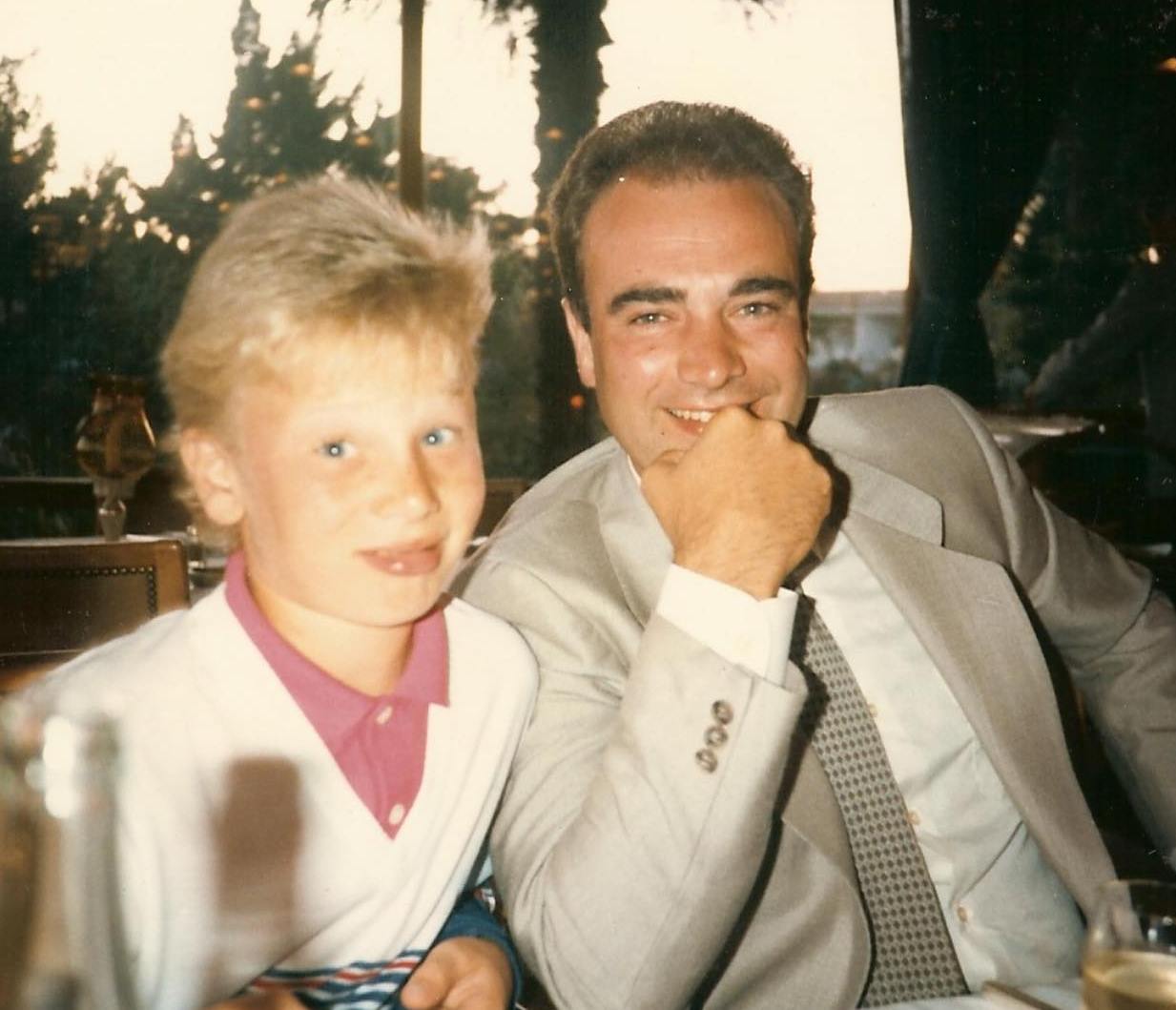

Jamie Oliver’s laid-back, informal cooking style has been key to his success, leading to over 50 television series, numerous cookbooks, and a restaurant empire beginning with Fifteen in 2002, followed by Jamie’s Italian chain in 2008.
“The kitchen saved me,” he reflects. “I knew I had something valuable to contribute; I wasn’t worthless.”
Unfortunately, his educational struggles resurfaced. In May 2019, his restaurant group faced significant challenges, resulting in the closure of 22 out of 25 UK locations and the loss of a thousand jobs. He took full responsibility for believing he could turn things around, describing the closures as “devastating.
Looking back, he acknowledges that his dyslexia may have factored into the situation. “I find the creative aspects of my business easy; it’s the managerial tasks—legal and financial—that feel overwhelming. That’s set me back repeatedly in my career. I’ve probably been too trusting in others to handle those areas,” he explains. This year, he has begun to confront those barriers, aiming to learn more about those aspects of business management.
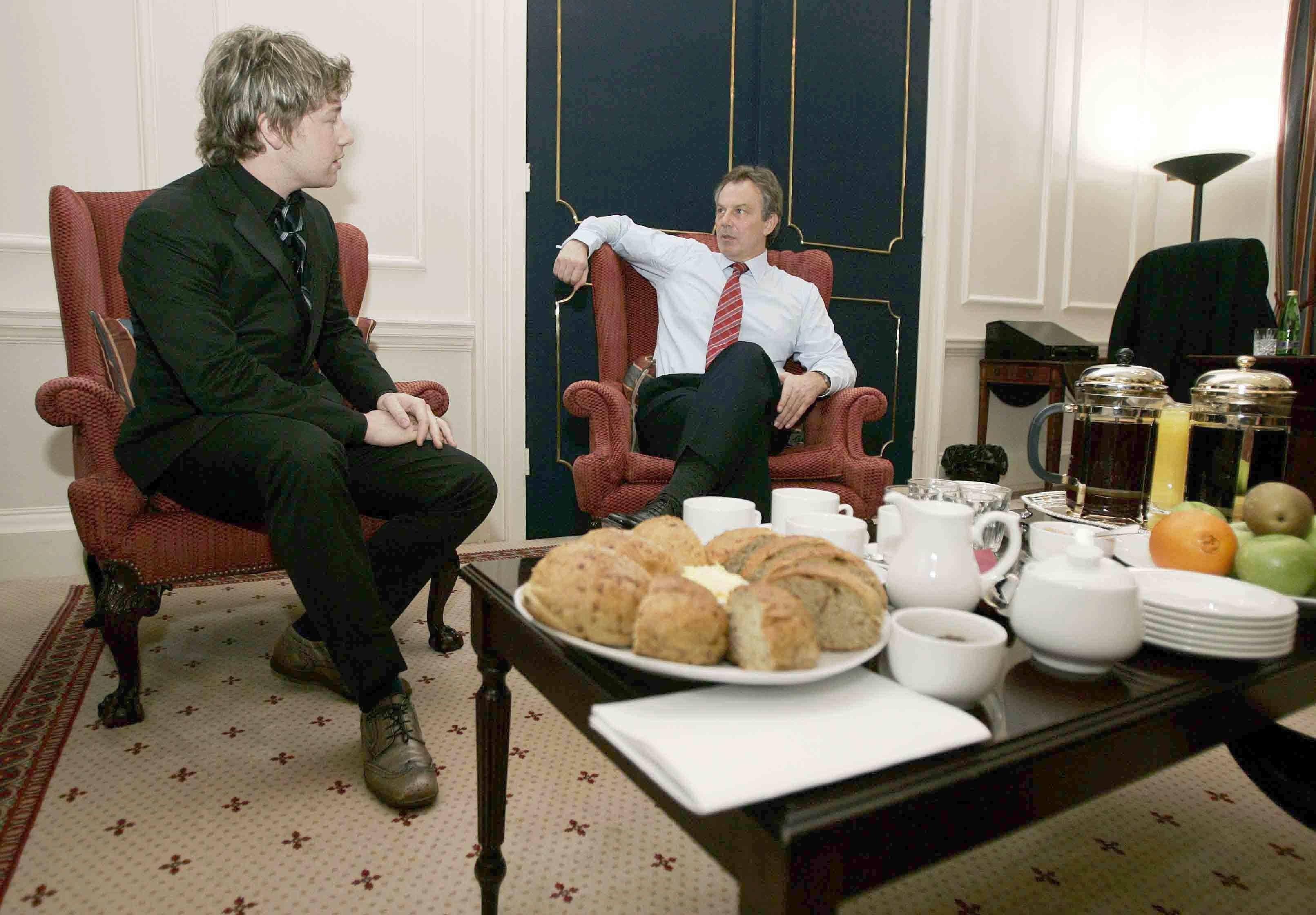
In addition to his culinary endeavors, Oliver has engaged in significant social activism. His 2005 Feed Me Better campaign successfully drove the removal of unhealthy Turkey Twizzlers from school menus. He also played a pivotal role in the implementation of the sugary drinks tax in 2016 and continues to advocate for restricting energy drinks for minors.
He has now set his sights on reforming dyslexia awareness in schools, advocating for mandatory early screenings and improved resources for teachers. “Teachers need adequate training; they’ve expressed the desire to be equipped to recognize and support neurodivergent students effectively,” he emphasizes.
When I express concern about potential backlash against his proposals given the pressure teachers already face, Oliver responds, “I have a lot of respect for teachers; their work deserves more recognition. They genuinely want to be equipped to support their students.”
In March, I caught up with Oliver outside the Houses of Parliament as he interacted with parents and children seeking his autograph after a meeting with Education Secretary Bridget Phillipson. “She stated she would look into my suggestions seriously,” he shares. “I didn’t quite get the commitment I was hoping for, but that’s politics.”
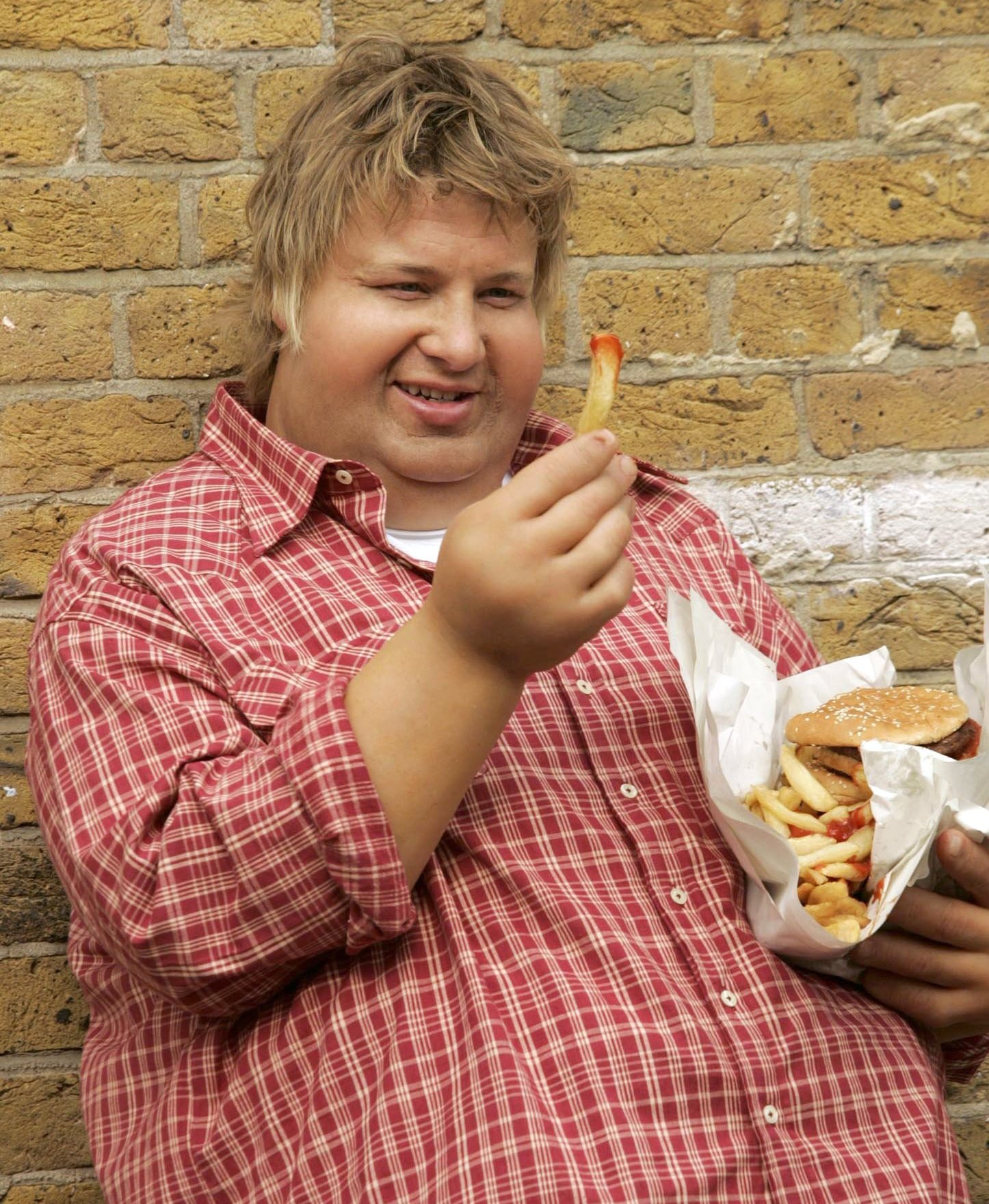
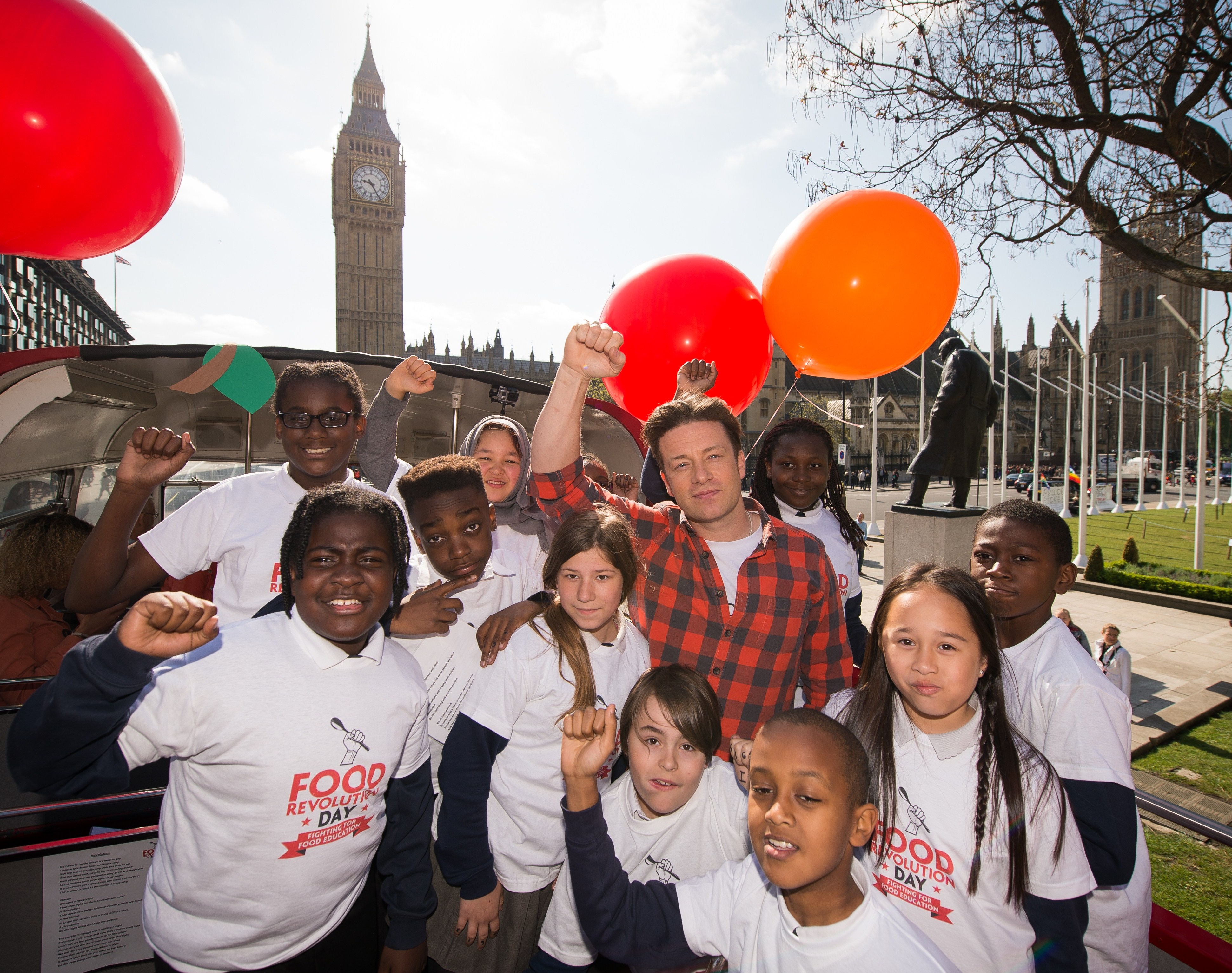
Oliver describes this new campaign as a significant undertaking, one that might overshadow his previous projects. “Denying neurodivergent children the opportunity to shine intellectually is fundamentally abusive. There are serious repercussions for not addressing their needs, including frustration and resentment towards education—this can lead to long-term issues,” he formulates.
Reflecting on his own experiences, he acknowledges, “I ran from school harboring resentment, but I was fortunate; I had the kitchen waiting for me.”
With the zest typical of his early days as a chef, Oliver maintains a youthful spirit at age 50, yet admits, “Aging isn’t as joyous; it can be tough.” He’s dealt with back issues in recent years, which have made it difficult to even stand for extended periods. “I’m determined to be the healthiest version of myself, focusing on my fitness,” he says, hopeful for many years ahead.
He and his wife, Jools, also mark their 25th wedding anniversary this month. They married in Essex in 2000 and renewed their vows in 2023. “The secret to a long marriage isn’t grand gestures—just keep your expectations realistic and don’t hold grudges,” he advises.
While their older daughters, Poppy, 23, and Daisy, 22, have moved out, their younger children, Petal, 16, Buddy, 14, and River, 8, live at home. In the past year, the family has navigated diagnoses of dyslexia, ADHD, and autism spectrum disorder, which he describes as a “very neurodiverse family” dynamic. “Jools and I have learned to approach parenting with an understanding that our children perceive the world differently,” he says.
“Family life is chaotic but wonderful; imagine four neurodivergent individuals at the dinner table trying to communicate,” he adds. He believes perceptions of neurodiversity have changed over generations. “Older generations often say, ‘This wasn’t an issue when we were young.’ We simply lacked understanding about our minds back then.”
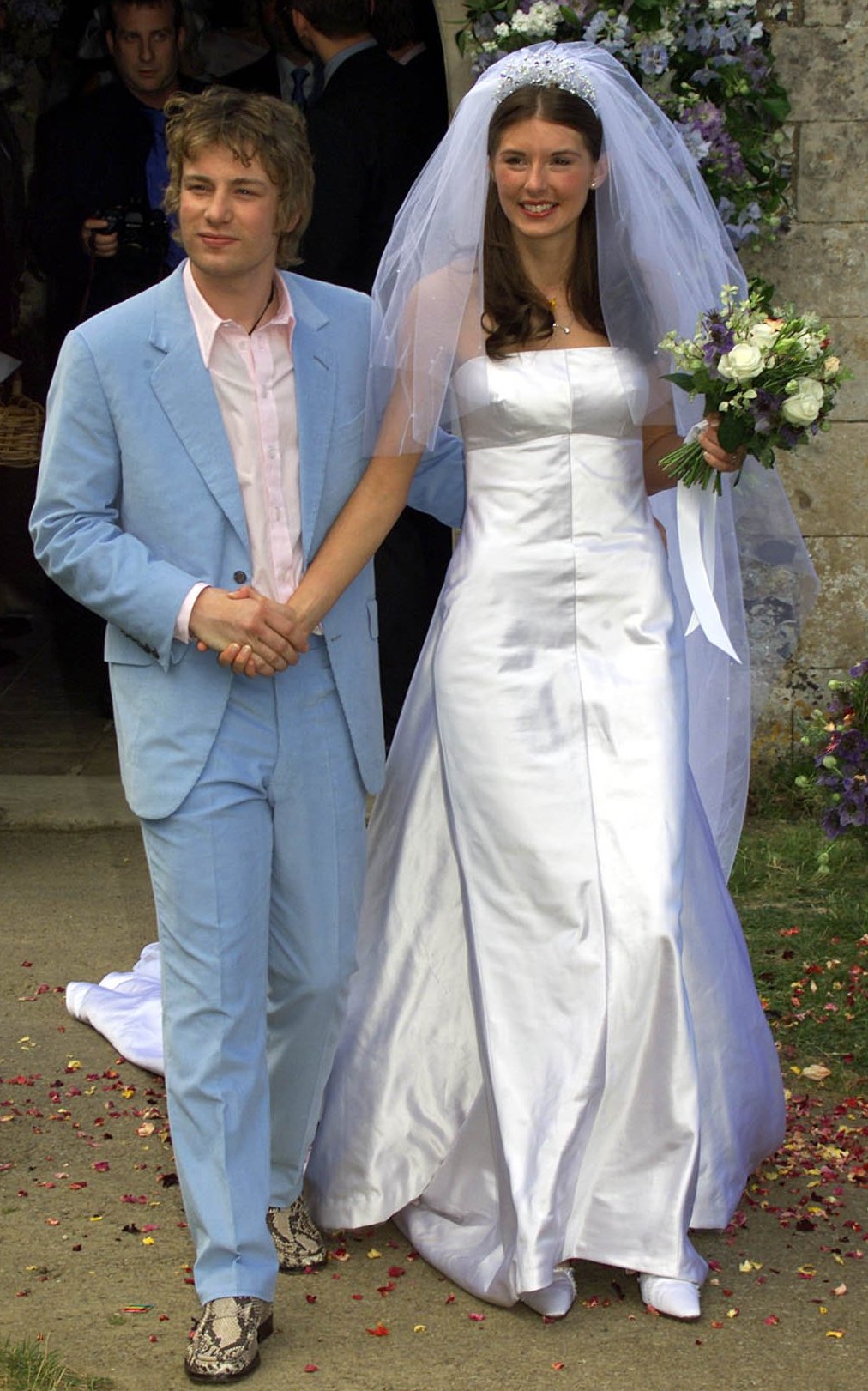
Despite his best intentions, Oliver often faces criticism. During his campaign for healthier school meals, he was met with hostility from some children and parents resistant to change. More recently, his children’s book, *Billy and the Epic Escape,* faced backlash for its portrayal of an Aboriginal character, leading to accusations of insensitivity and resulting in the withdrawal of the publication.
Oliver, clearly affected by this incident, expresses sorrow over the situation, specifying that he found writing fiction to be extremely challenging due to his dyslexia. “Creating characters and developing a narrative arc was exceptionally difficult for me,” he admits.

He views criticism around cultural appropriation with a more pragmatic lens. Following backlash over a non-traditional jerk rice dish, as well as other culinary variations, he comments, “Food authenticity is often misunderstood; sometimes people misinterpret the essence of a dish. What’s crucial is acknowledging the culture behind it.” He ensures every international recipe is vetted by a local expert.
Despite the struggles in the UK, his restaurants abroad continue to thrive, and he opened a new location in Covent Garden, Jamie Oliver Catherine St, in November 2023. “Having a restaurant in my home country is incredibly important to me,” he expresses. Yet, he is realistic about the challenges of running restaurants. “Profitability is incredibly challenging; the financial demands are immense,” he states.
His own restaurant needed to make £65,000 weekly just to break even, which has since risen to £80,000. “It’s a daunting figure to chase,” he admits, “but it’s my passion.”
When asked about his culinary rival Gordon Ramsay’s recent success, Oliver acknowledges their renewed friendship after years of rivalry. “We’ve struck a positive note; he’s doing extraordinary things,” he shares.
Reflecting on his career, Oliver is contemplating strategies to secure his future in the culinary world, considering opportunities to host cookery sessions and potentially open a bakery.
“I want to continue my journey, so I need to be smart about it,” he notes, indicating interest in evolving as he ages. “I hope my fifties give me a different perspective.”
Is he planning to reduce his advocacy efforts? “I may need to ease up and not be as relentless,” he concedes, “but that will ultimately depend on how things unfold. I’m committed to being transparent about my feelings in my work. I think that’s important.” Jamie’s Dyslexia Revolution airs on Channel 4 at 9 pm on Monday, June 9.
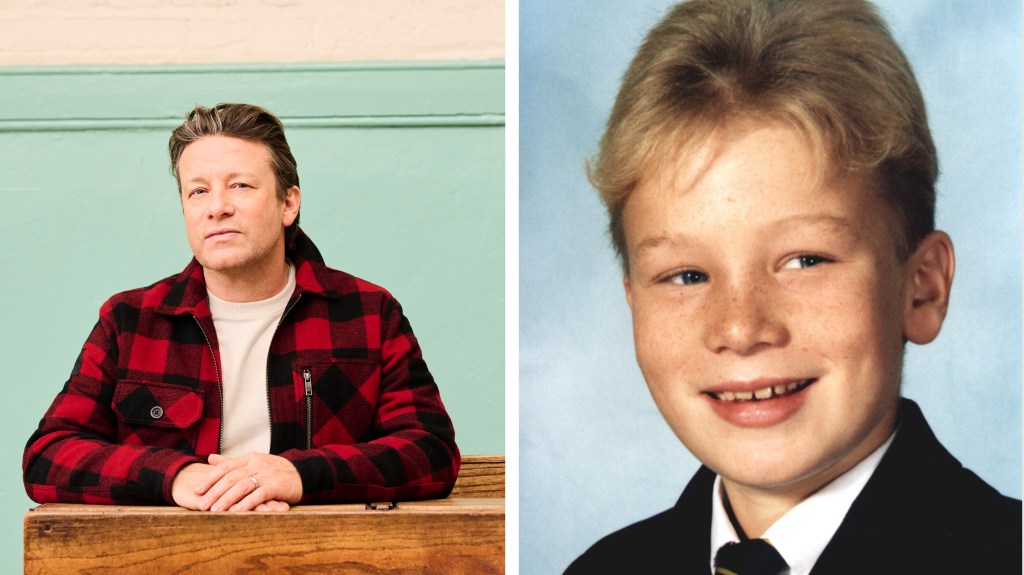
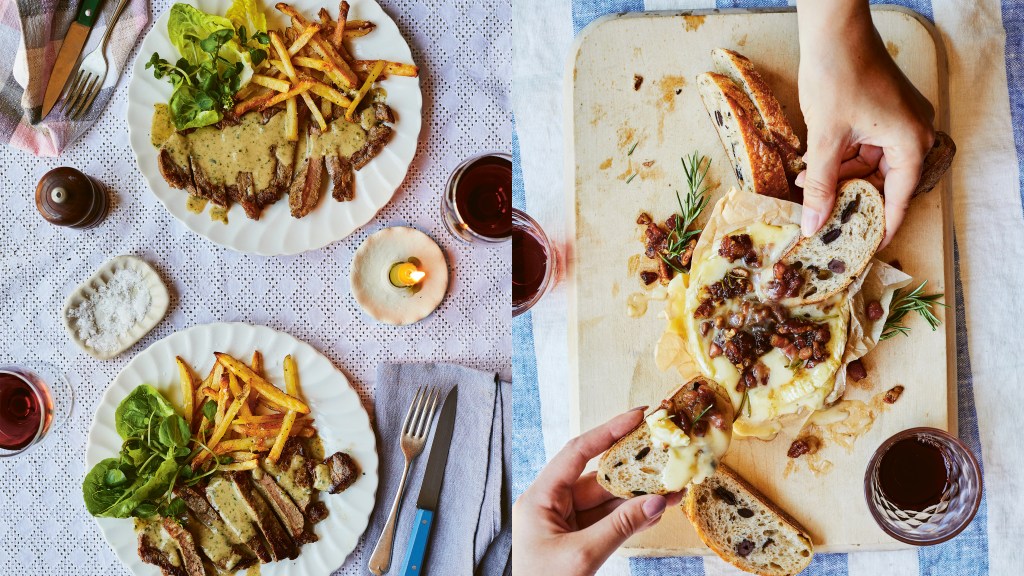
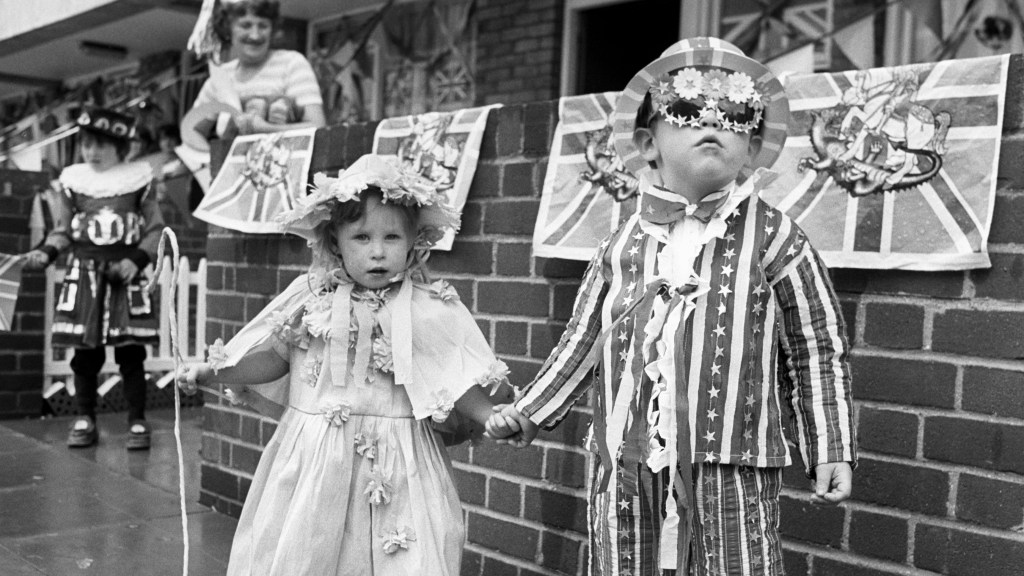
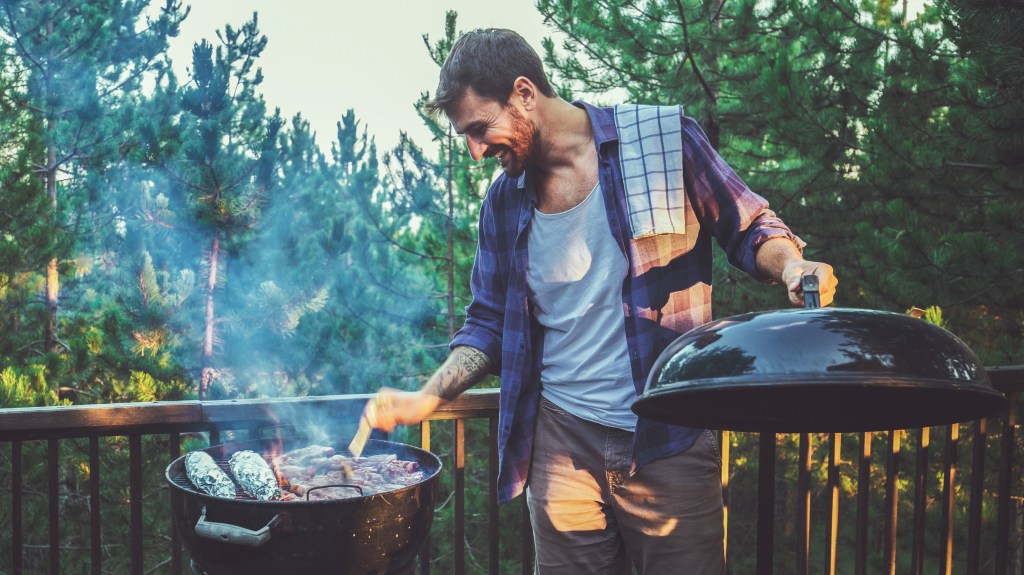
Post Comment